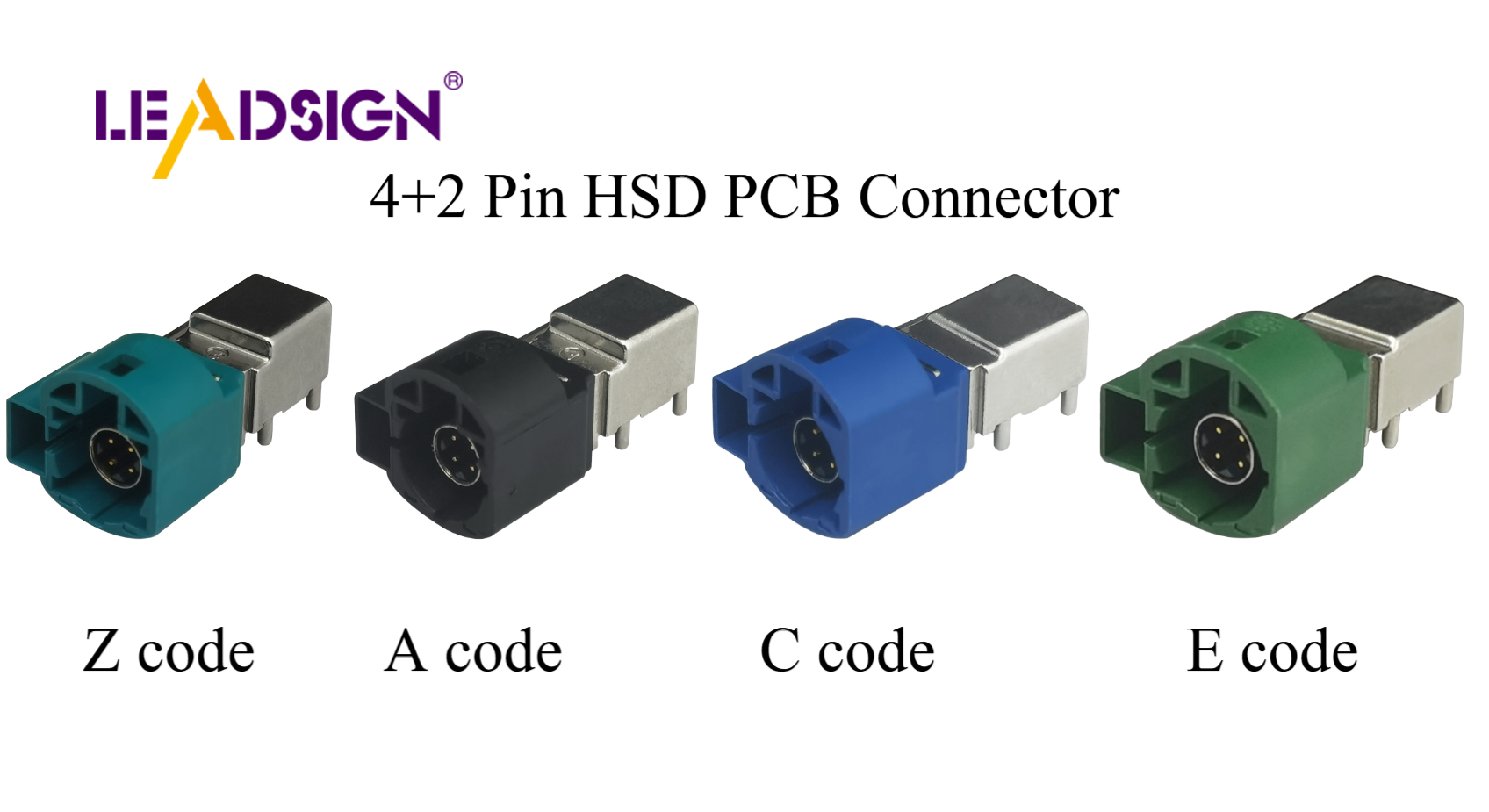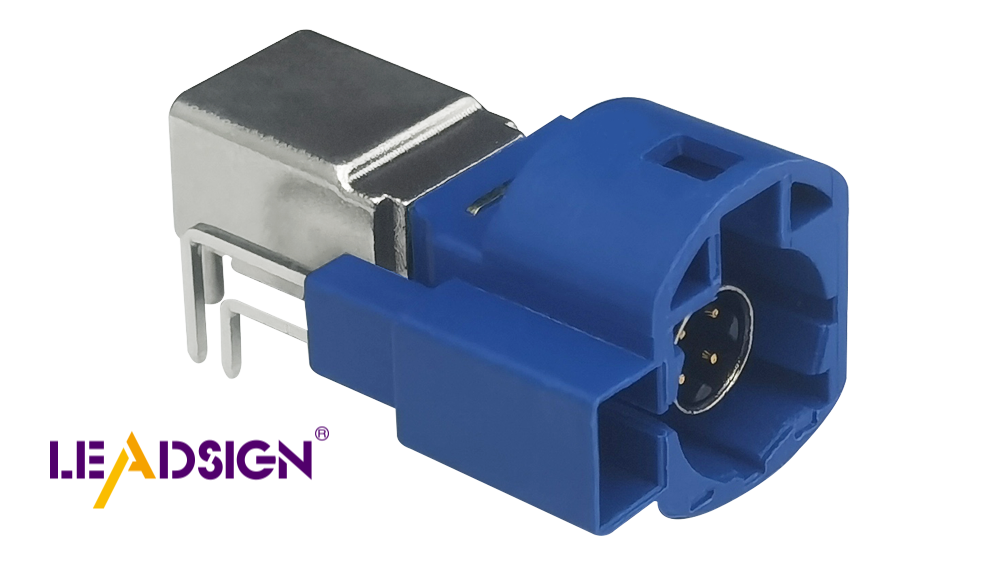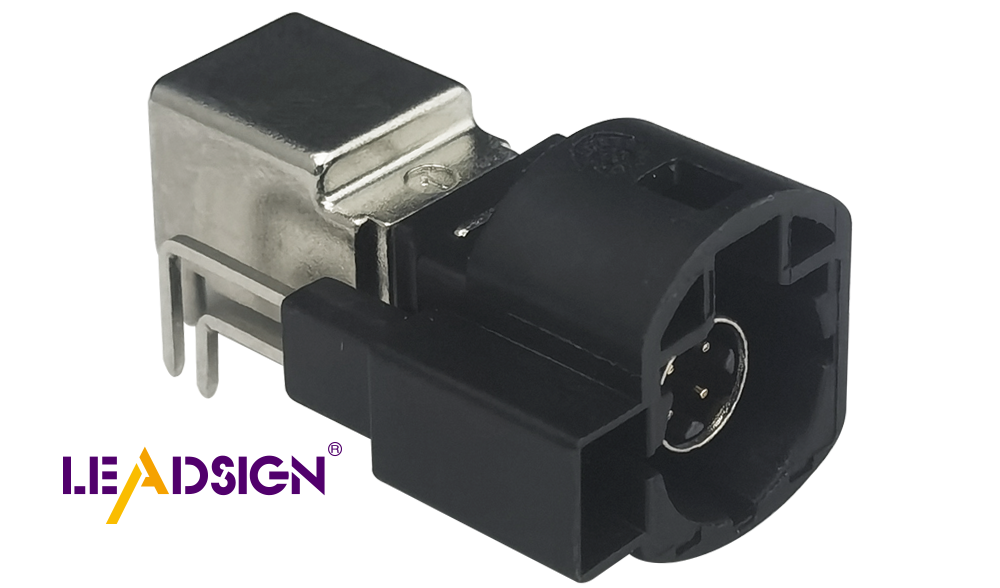Avoid Common Mistakes with Automotive Plugs and Connectors

Automotive plugs and connectors are very important for your car. They help your car's electrical system work properly and safely. These parts connect circuits that power the engine and other systems. Bad automotive plugs and connectors or wrong installation can cause electrical problems. This may lead to expensive repairs or safety issues. Knowing their importance and avoiding mistakes keeps your car working well.
Key Takeaways
Proper wire preparation is crucial; use the right tools to avoid damaging wire strands and ensure strong connections.
Regularly check and maintain your connectors to prevent dirt and rust buildup, which can lead to costly repairs.
Use weatherproof connectors to protect against harsh conditions, ensuring your car's electrical system remains reliable.
Store connectors in clean, dry places and organize them by type to avoid confusion and damage during repairs.
Always use genuine OEM parts for better fit and performance, avoiding the risks associated with cheap or counterfeit alternatives.
Label connectors clearly before removal to simplify reinstallation and prevent mistakes.
Invest in quality tools specifically designed for automotive connectors to ensure safe and effective installations.
Common Installation Mistakes with Automotive Plugs and Connectors

Incorrect Wire Preparation
If wires are not prepared right, they may fail. Carefully remove the wire's cover without cutting the strands. Damaged strands carry less electricity and may overheat or break. Use a proper wire stripper for clean cuts. Do not use knives or scissors because they make rough edges.
Leaving too much or too little wire exposed is also bad. Too much wire can cause short circuits. Too little wire may not connect well. Measure the wire length to fit the connector. Preparing wires correctly makes strong and safe connections.
Wrong Crimping or Soldering Methods
Crimping and soldering make strong connections, but mistakes weaken them. Use the right crimping tool for the connector type. General tools might not work well for all connectors. A bad crimp can loosen and cause electrical problems.
Soldering errors, like using too much or too little solder, are harmful. Too much solder spreads where it shouldn't. Too little solder makes weak joints. Heat the wire and connector evenly for smooth solder flow. This creates a strong bond that handles vibrations and weather.
Bad Grounding Habits
Good grounding is very important for electricity to flow well. Dirty or loose grounding points can cause system failures. Make sure the grounding spot is clean and tight. Rusty or loose grounds can lower voltage and cause problems.
Use the right wire size for grounding to handle electricity safely. Thin wires can overheat or break under high current. Don’t share one grounding point for many circuits, as it may cause interference. Good grounding improves your car's electrical system's safety and performance.
"Handling connectors poorly can cause failures, but good techniques ensure they work well."
Avoid these mistakes to keep your connectors working and your car reliable.
Maintenance Mistakes That Harm Automotive Electrical Connectors
Skipping Regular Checks and Maintenance
Not checking connectors often can cause big problems. Over time, dirt and rust can build up on automotive electrical connectors. This makes them work poorly. If you don’t inspect them, these issues might get worse. For example, in 1988, a railway crash showed how ignored wiring mistakes can lead to disasters. Though it happened in trains, it shows why regular maintenance is important.
Check your automotive electrical connectors often to spot damage early. Look for rust, loose parts, or broken areas. Fixing rust quickly stops it from spreading. This keeps the connectors working well. By staying careful, you can avoid expensive repairs and keep your car running smoothly.
Cleaning Connectors the Wrong Way
Using bad cleaning methods can ruin your connectors. Strong chemicals or rough tools can scratch or damage them. This makes them weaker against dirt and water. For example, bad cleaning during maintenance has caused important systems to fail.
Clean connectors gently with a mix of water and baking soda. This removes dirt without harm. Rinse with clean water and dry with air. Add grease to protect them from rust and moisture. Good cleaning keeps your automotive electrical connectors lasting longer.
Not Protecting Connectors from Weather
Weather like rain, heat, or dirt can break connectors if unprotected. These can cause rust, cracks, or even total failure. In 2005, a refinery fire showed how wrong materials can cause big problems. Though it happened in a factory, it shows why protection is key.
Use weatherproof connectors to handle tough conditions. Store them in clean, dry places when not used. Covers or sleeves can block dirt and water. These steps protect your automotive electrical connectors and keep your car working well.
"Taking care of connectors helps them last and work better."
Fixing these mistakes will save money and keep your car safe. Check connectors often, clean them gently, and protect them from weather to avoid problems.
Storage Mistakes to Avoid with Automotive Plugs and Connectors

Letting Moisture or Heat Damage Connectors
Water and heat can ruin your connectors fast. Water causes rust, which makes them work poorly. Extreme heat or cold can crack or bend the materials. These problems can lead to expensive fixes or broken systems.
Keep connectors safe by storing them in dry places. Avoid damp or very hot and cold areas like garages. Use sealed boxes to block water from getting in. If it’s humid, add silica gel packs to soak up moisture. These easy steps keep your connectors safe and working well.
"Storing connectors the right way keeps them safe and lasting longer."
By protecting them, you avoid damage and keep them working properly.
Messy Storage and No Labels
Messy storage makes finding the right connector hard. Without labels, you might mix up different connectors. This can cause wrong installations and damage your car’s system.
Sort connectors by type, size, or use. Use labeled boxes or bins to keep them neat. For example, keep lighting connectors in one box and audio ones in another. Clear labels help you find what you need quickly. This saves time and avoids mistakes.
Also, write down where each connector goes before taking them out. This helps you put everything back correctly later. Staying organized makes your work easier and keeps your car running well.
"Neat storage and labels make using connectors simple and mistake-free."
Follow these tips to avoid storage problems and keep connectors in good shape.
Tips to Keep Connectors Working Well and Avoid Mistakes
Pick the Right Tools and Materials
Using proper tools keeps your automotive connectors safe during repairs. Special tools like insertion and extraction tools protect terminals from damage. These tools fit specific connectors, making work easier and more accurate. Don’t use general tools, as they might break or bend connector parts.
Choose good-quality materials for better performance. Cheap connectors can cause bad connections and electrical issues. Trusted brands like Sherco Automotive & Marine Supplies offer strong car connectors. Using the right tools and materials saves money and avoids problems.
"Good tools and materials make connector care easy and effective."
Switch to Weatherproof Connectors
Weatherproof connectors protect against tough weather like rain or heat. Regular connectors can rust or fail in bad conditions. Sealed connectors keep your car’s system safe and reliable.
For example, weatherproof electrical connectors block water and dirt with seals. They last longer and work well in wet or dusty places. If you drive in harsh weather, upgrade to these connectors to protect your car’s parts.
"Weatherproof connectors keep your car safe from weather damage."
Use Real OEM Parts
Real OEM parts fit your car perfectly and work well. They are made for your vehicle, ensuring safety and good performance. Fake or cheap parts can cause bad connections or even dangerous problems.
Websites like FindPigtails.com sell high-quality connectors for many cars. Buying real parts keeps your car’s system strong and avoids costly repairs. Always check that parts are genuine before buying them.
"Real OEM parts give you quality and safety you can trust."
Follow these tips to avoid mistakes and keep your connectors in great shape. Use the right tools, upgrade to weatherproof connectors, and choose real parts to keep your car running smoothly.
Store Connectors the Right Way
Storing automotive connectors properly keeps them safe and working well. Bad storage can damage, lose, or dirty them, causing electrical problems. Follow these tips to keep your connectors ready to use.
Keep Connectors Dry and Clean
Water and dirt can harm connectors. Store them in clean, dry places to stop rust and dirt buildup. Use sealed boxes to keep out moisture and dust. In humid areas, add silica gel packs to absorb extra moisture.Sort Connectors by Type and Size
Organizing connectors helps you find the right one fast. Group them by type, size, or use. For example, keep lighting connectors separate from audio ones. Use labeled bins to stay neat and avoid mistakes during installation.Label and Track Connector Locations
Before removing connectors, label them to remember where they go. Use tags or stickers to mark them clearly. Write down or save a record of their locations. This helps you reinstall them correctly and avoid errors.Use Strong Storage Containers
Buy good storage boxes made for automotive connectors. Brands like Sherco Automotive & Marine Supplies offer tough options that protect connectors from damage. Strong boxes with sections keep connectors safe and untangled.Avoid Extreme Heat or Cold
Hot or cold temperatures can crack or bend connectors. Store them in places with steady temperatures. Don’t leave them in garages or sheds where it gets too hot or cold.
"Good storage keeps connectors safe and saves time during repairs."
By following these steps, your connectors stay clean, organized, and protected. This helps your car’s electrical system work better and last longer.
Avoiding errors with car plugs and connectors keeps your car safe. Installing them correctly and checking them often prevents big problems. Storing them neatly stops damage and confusion. Using good tools, weatherproof plugs, and real parts makes them last longer. These steps save money and keep your car running well. Follow these tips to protect your plugs and connectors. Taking care of them helps them work better and last longer. Paying attention to these details keeps your car reliable.
FAQ
What tools should I use for installing automotive connectors?
Use tools made for automotive connectors. These include crimping tools, wire strippers, and insertion tools. Using the wrong tools can harm wires or connectors. Specialty tools make sure connections are strong and safe.
How often should I check my automotive connectors?
Check your connectors every few months. Look for rust, dirt, or loose parts. Regular checks catch small problems early. This keeps your car’s electrical system working well.
Can I clean connectors with any cleaning solution?
No, don’t use harsh chemicals or rough tools. Clean connectors with water and baking soda. Rinse with clean water and dry with air. Add grease to protect them from rust and moisture.
Why is labeling connectors important?
Labeling connectors helps during repairs or installation. Write details like the number of pins and car area. Clear labels stop mix-ups and save time. Labels also help you put parts back correctly.
"Good labels prevent mistakes and save time during repairs."
What happens if I don’t test the electrical system after replacing connectors?
Not testing can cause bigger problems later. A bad connection might go unnoticed and fail later. Always test the system after replacing connectors. This ensures everything works properly.
How can I protect connectors from weather damage?
Use sealed connectors to block rain, dirt, and heat. Store unused connectors in dry, clean places. Covers or sleeves add extra protection. These steps keep connectors safe in tough weather.
Are OEM parts better than aftermarket ones?
Yes, OEM parts are made for your car. They fit perfectly and work reliably. Aftermarket parts might not be as good and could cause issues. Always pick real OEM parts for safety.
What’s the best way to store automotive connectors?
Store connectors in clean, dry places. Use labeled boxes to organize them by type and size. Keep them away from water and extreme temperatures. Add silica gel packs to absorb moisture.
Can I use general tools for crimping or soldering?
No, general tools might damage connectors or wires. Use tools made for the specific connector type. This ensures strong and safe connections every time.
Why is grounding important in automotive electrical systems?
Grounding helps electricity flow and prevents failures. Dirty or loose grounding points can cause problems. Use the right wire size and clean grounding spots for better performance.
"Good grounding keeps your car’s electrical system safe and reliable."
See Also
Why FAKRA Connectors Are Essential for Cars Today
Understanding the Role of Fakra Connectors in Vehicles
Significance of Fakra Connectors in Automotive Engineering

